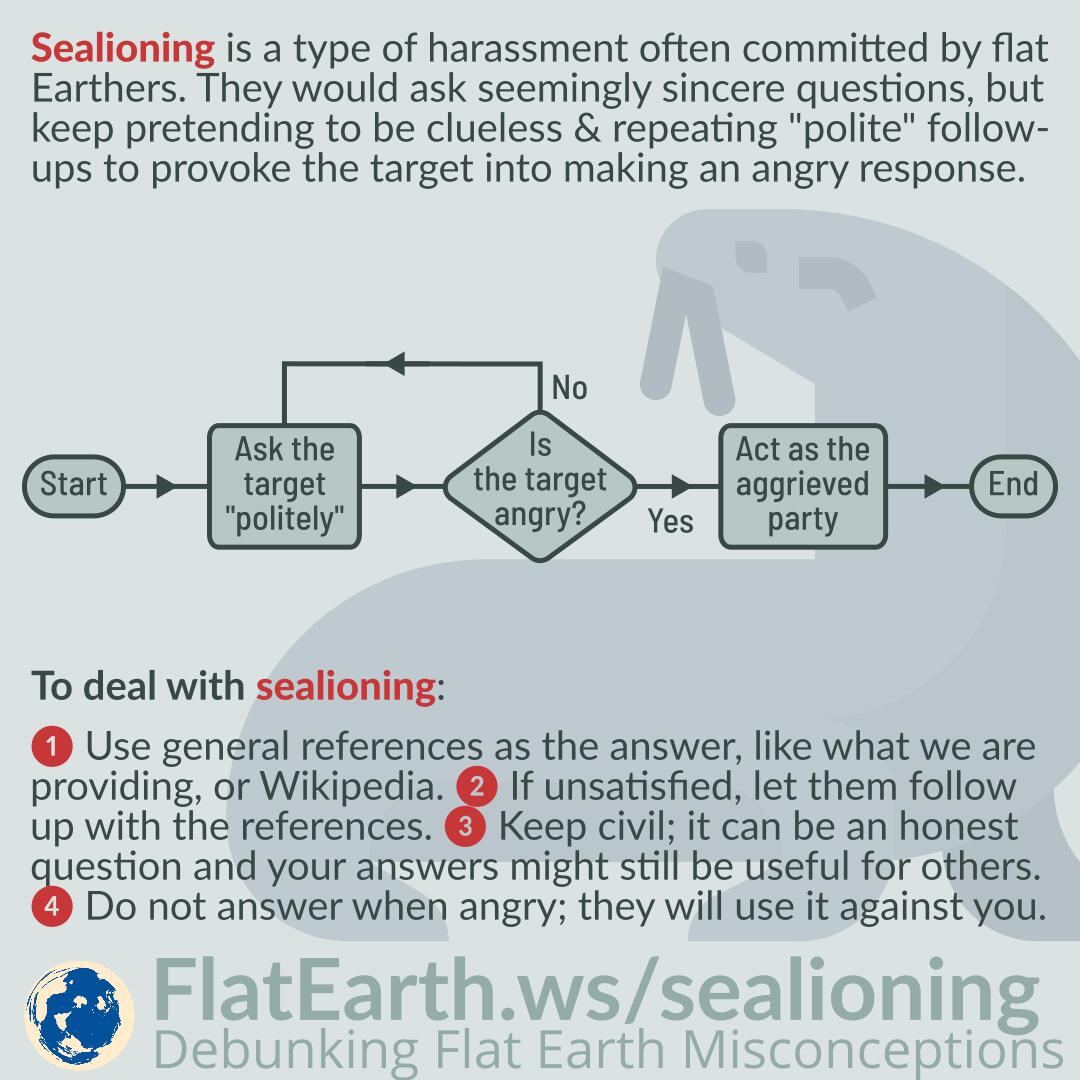| ConservagameR said:
How I was participating? Like how I was apparently asking too many questions? Some of which were clearly rhetorical, some of which were clearly statements, and some others that were actually inquisitive? What about the questions everyone else was asking me? Nothing was said about that. My questions are problems but theirs aren't? The only real difference in the participation, was that my points were from a conservative viewpoint, and the others weren't. Then when the conversation is ended, I basically shake hands and say good game like a good sport, and I get banned for it. |
Firstly you were not banned for that post. That was just the most recent post.
You're practically describing sealioning, which is widely considered to be trolling.
Sealioning refers to the disingenuous action by a commenter of making an ostensible effort to engage in sincere and serious civil debate, usually by asking persistent questions of the other commenter.
There's a difference between
- asking someone genuine questions and caring about what their answer is. You know actually wanting to be part of the discussion and wanting to learn about someone's perspective
- just incessantly asking questions that you don't care about. This is generally considered trolling/harassment. And being polite is generally considered to be part of sealioning.

You were not banned for being conservative, you were banned for how you conducted yourself.
Last edited by the-pi-guy - on 29 October 2022


























































